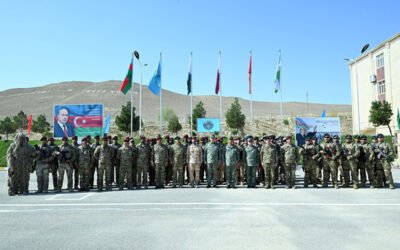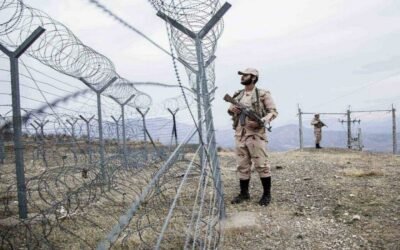In times of crisis, when nations face existential threats or the spectre of devastation haunts, the allusion to Karbala instinctively emerges across the Muslim world. Karbala is more than a historical incident, the martyrdom of Imam Hussain (R.A.)—the grandson of Prophet Muhammad (P.B.U.H) Muhammad (P.B.U.H) (PBUH)—and his companions in 680 CE (61 AH) at Karbala, Iraq, serves as a religious symbol.
Karbala, a historical tragedy and a source of moral courage, underpins universal and timeless tenets;
- Upholding truth and justice against tyranny.
- Preferring dignity and principle.
- Speaking the truth even in the face of death.
- Unwavering steadfastness and resilience in adversity.
- Rejecting oppression and illegitimate authority.
Let’s explore the multifaceted reasons why Muslim nations instinctively allude to, and reiterate the lessons of, Karbala amid national perils and existential threats.
Lessons from Karbala
At the heart of this allusion is the theological and spiritual alignment with Prophet Muhammad (P.B.U.H), Muhammad (P.B.U.H)’s family, particularly Imam Hussain (R.A.) and his lineage called the Ahl al-Bayt. Across the Muslim population—inclusive of both Shia and Sunni traditions—Imam Hussain (R.A.) is revered as a paragon of faith and resistance. His sacrifice is not merely seen as a political event, but as the ultimate act of faith, embodying resistance against tyranny and upholding the true spirit of Islam when threatened by the distortion of oppressive rule.
Karbala iterates the timeless and universal lesson of standing firm against injustice and oppression, despite lacking numerical superiority or the resources to fight. Imam Hussain (R.A.), with his loyal companions and family, chose to face martyrdom rather than pledge allegiance to a corrupt ruler, i.e., Yazid. This unwavering stance resonates deeply with nations feeling besieged or bereft of their homeland. Karbala basically set the precedent of steadfastness, dignity in adversity, and unwavering commitment to values, especially when victory is seemingly impossible, and hope is scarce.
The ultimate sacrifice made by Imam Hussain (R.A.) and his seventy-two companions serves as a call for unity and individual sacrifice. The tragedy of Karbala set the principle of prioritisation of death instead of compromising on justice, truth, and the core values of Islam.
Karbala provides a clear moral framework in the times of chaos and national crises, when fear and uncertainty haunt. It delineates good from evil, justice from oppression, and principle from expediency. Rejuvenates and ingrains the spirit of martyrdom, eradicating the fear of death, thus transforming an apparent worldly defeat into spiritual triumph.
The story of Karbala transcends sectarian lines and fosters a shared heritage of principled resistance against injustice. This shared history becomes a powerful unifying force, enabling diverse Muslim populations to stand together and resist the existential threats.
Echoes in Contemporary Struggles
The principles underpinned by Imam Hussain (R.A.) are illustrated in contemporary resistance against genocidal violence, in Palestine-Gaza and illegally occupied Jammu and Kashmir. Facing oppressive, extremist, and genocidal regimes which are persecuting Muslims because of their faith.
These resistances refer towards the spirit and lessons of Karbala. The struggle of Palestinian and Kashmiri Muslims—challenging and resisting the occupation—draws inspiration from Imam Hussain (R.A.)’s resoluteness in the face of evil, and defiance despite overwhelming odds. Their respective struggles resonate with Karbala’s principled stand against injustice.
Karbala is far more than a historical memory; it is a living symbol deeply embedded in the collective consciousness of the Muslim nations. In moments of national peril, its enduring echo inspires unity and sacrifice. Thus, the saga of Karbala, though etched in the distant past, is no mere relic of history; it is a vibrant, pulsating truth.




























